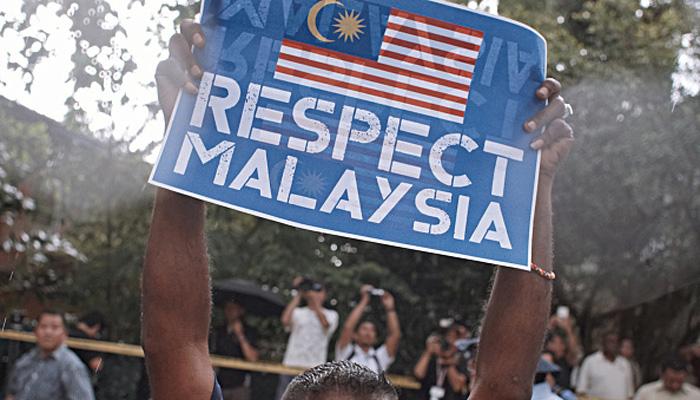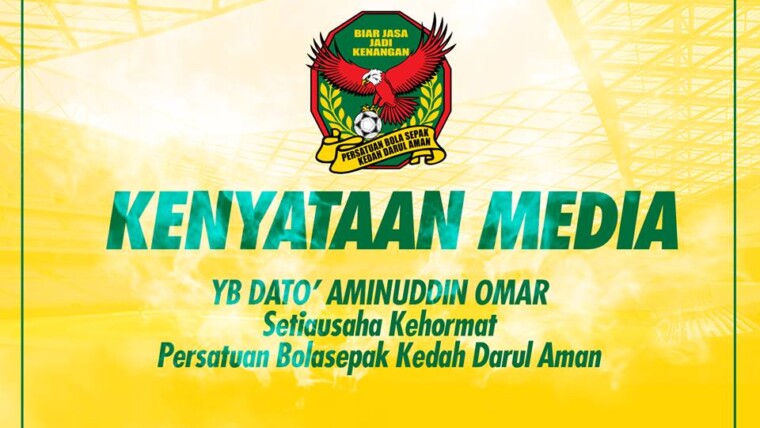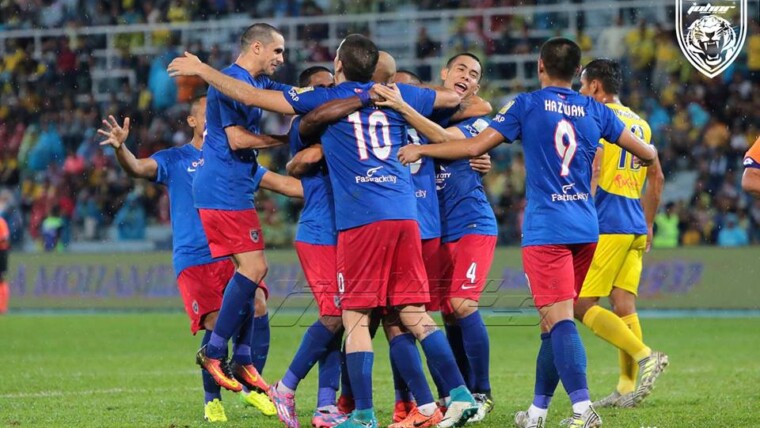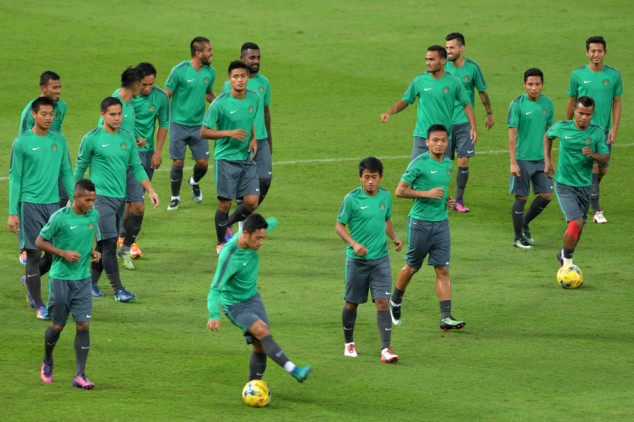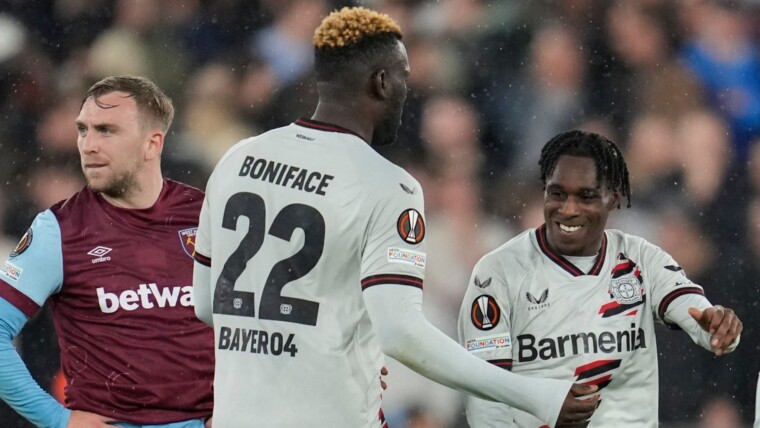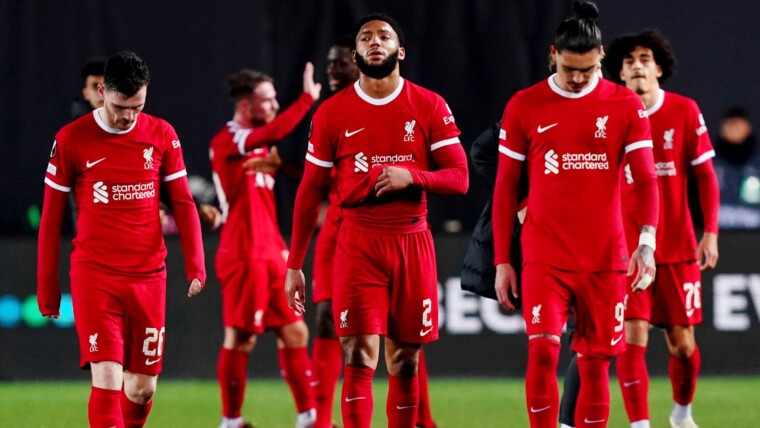Conflicts – it’s the trickiest aspect of Asian football, really. Asia is an incredible melting pot of cultures, traditions, languages and beliefs – which can sometimes be complex, especially when it involves issues related to diplomacy.
And as the bastion of football on this continent, the Asian Football Confederation is, more often than not, thrown right into the mix as well. On the surface, the AFC promotes and encourages the development of the beautiful game in Asia. But they’re also somewhat of a neutral bridge that negotiates with the best and worst of multiculturalism.
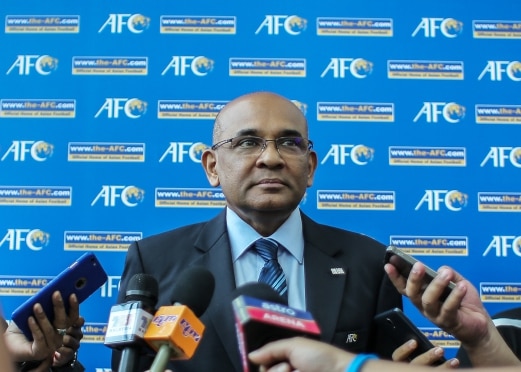
We sat down with AFC Secretary-General, Datuk Windsor John Paul recently and it didn’t take long for him to describe the complexities of being a unifying factor in the largest continent on the planet.
MALAYSIA VS NORTH KOREA
Earlier this year in February, AFC were thrown into yet another diplomatic row, after the death of DPR Korean leader Kim Jong Un’s brother sparked massive political tension with Malaysia. Just a month before that, both nations were drawn into Group B of the Asian Cup qualifiers, alongside Hong Kong and Lebanon.
The Tigers were scheduled to face DPR Korea in Pyongyang on the 28th of March, but given that both nations imposed travel bans on each other at that juncture, AFC opted to postpone the match indefinitely, due to security concerns.
It was then rescheduled for June 8, with the AFC initially suggesting that the match would take place in a neutral venue. But following the Malaysian government’s decision to lift the travel ban on DPR Korea in May, the AFC publicly confirmed via a statement that the fixture would be played in Pyongyang.
This announcement sparked major outbursts in Malaysia, with individuals like Safee Sali and even Tunku Ismail ibni Sultan Ibrahim all coming out in public to express their concern. “Even with the assurance given, we are still worried,” Safee told Harian Metro. TMJ on the other hand, criticized the central government for lifting the travel ban. “However, to date the government has not issued a travel ban, just a travel advisory, and that is not a strong enough reason for AFC to switch the original match venue to a neutral one,” he said.
Merely days later, a fresh plot twist emerged as AFC opted to postpone the game again, due to geo-political tension around the Korean peninsula. This time around, it had nothing to do with Malaysia. Increasing political tension between DPR Korea, the United States of America and South Korea was undoubtedly a cause for concern. “The game will now be re-scheduled for the next best available FIFA match-day which is Thursday, October 5, 2017,” the statement added.
WHAT’S NEXT?
According to Datuk Windsor, the match is likely to be held in Pyongyang on the 5th of October, barring any severe escalations in geo-political tension on the Korean peninsula. But AFC have also established several yardsticks to evaluate the situation, before the final greenlight is handed out.
“The competitions committee has made a decision to play the match on the 5th of October, because that is the last available date. But we’ve also informed both Malaysia and DPR Korea that we are going to monitor the situation through three different events.
“First is the AFC Cup match that will be played in Pyongyang, when our season resumes in August. The second one will be the AFC U-23 qualifiers – DPR Korea are hosting Group G in Pyongyang later this month. Thirdly, there’s the DPR Korea vs Lebanon match. If these three matches are organized well without any issues, how can we stop them from hosting the Malaysia fixture?” he explained.
AFC’S STANCE?
The decision may sound controversial, given that the fixture had been postponed twice and mass media hype around the conflict has been colossal. Should the green light be given for the match to take place in Pyongyang, it wouldn’t be surprising to see different stakeholders in Malaysian football voicing their disagreement with the decision. The situation though, according to Datuk Windsor, demands a rational evaluation of various factors.
“The first postponement happened because of clear political tension between both governments. Ambassadors were withdrawn and there was so much of things happening at that point. It would have been foolish to continue, because no one could offer any guarantees. The second postponement was due to tension in the Korean peninsula, based on reports we retrieved from external consultants.

“We organised a meeting between FAM officials and DPR Korea officials in Bahrain, on the sidelines of the AFC Congress, recently. DPR Korea officials invited them as well as members of Malaysian media to visit Pyongyang at their own convenience and select their preferred hotel, visit the training ground and check all the security arrangements.
“But as I said, we will monitor DPR Korea, up until their match against Lebanon. Hosting a game in Pyongyang is not the issue. It’s relatively safe and secure. We’ve held matches there before, and there were no issues. What we are closely monitoring is the regional security. Malaysia has already lifted the travel ban on DPR Korea, so there’s clearance from the government for the match to take place.
“At the end of the day, we are bound by rules and regulations. If DPR Korea checks all the boxes, then the match has to go on in Pyongyang. The AFC is an international organization. We can’t be swayed by emotions and fears,” he added.
TOOL OF DIPLOMACY?
Having worked in Asian football for decades, Datuk Windsor is undoubtedly well-versed with the various complexities in trying to bring these nations together. But he claims the process isn’t about acknowledging the existence of a conflict. To him, it’s about instantly analysing the role football can play in bridging these conflicts.
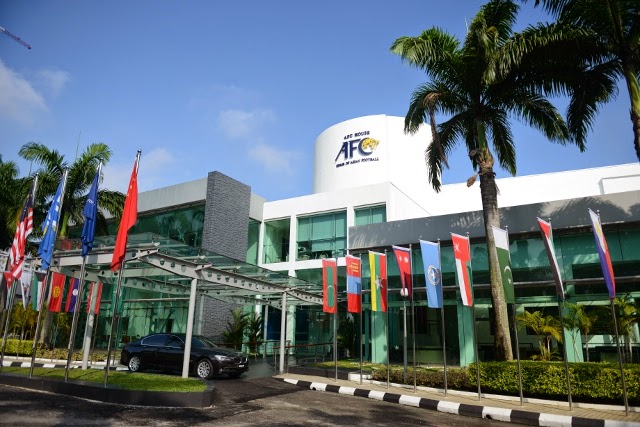
“Sometimes, things go out of our control and there’s nothing we can do about that. You can wake up on a random day and find out that Saudi Arabia, UAE and Bahrain have cut off diplomatic ties with Qatar.
“But I’ve always believed in football’s ability to foster positive relations. Two nations could be in conflict with each other, but in football, they have to still play on the pitch. They still have to take the customary photograph. It doesn’t matter if it’s on a neutral venue. Thing is, they are still forced to deal with each other on the field.
“Just over two months ago, South Korea played North Korea in the Women’s AFC Asian Cup qualifiers in Pyongyang. For the first time in decades, the South Korean flag was raised while the national anthem was being played in Pyongyang. Take a moment to think and digest that. That’s the power of football,” he added.
Other posts by Keeshaanan Sundaresan

